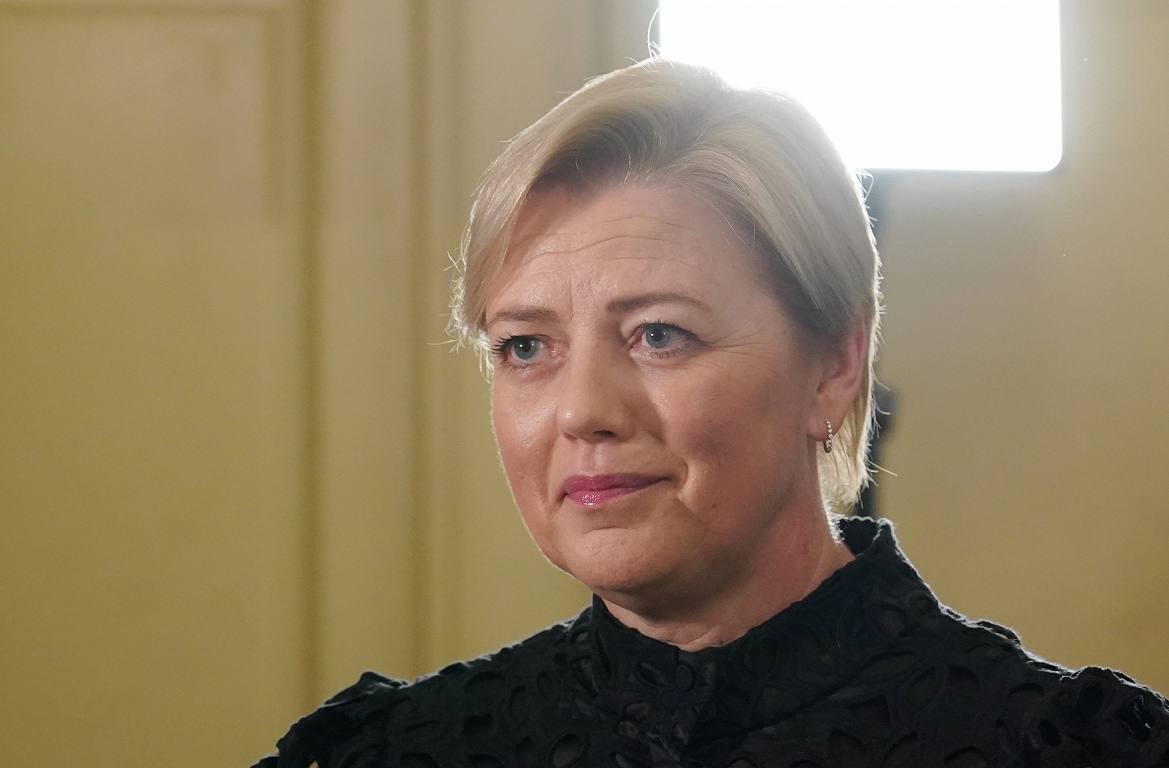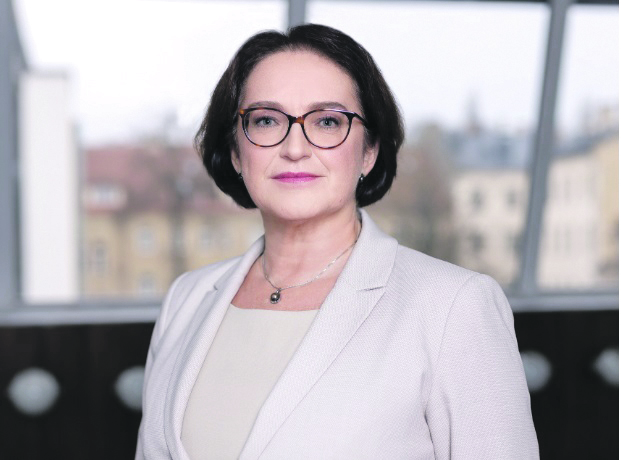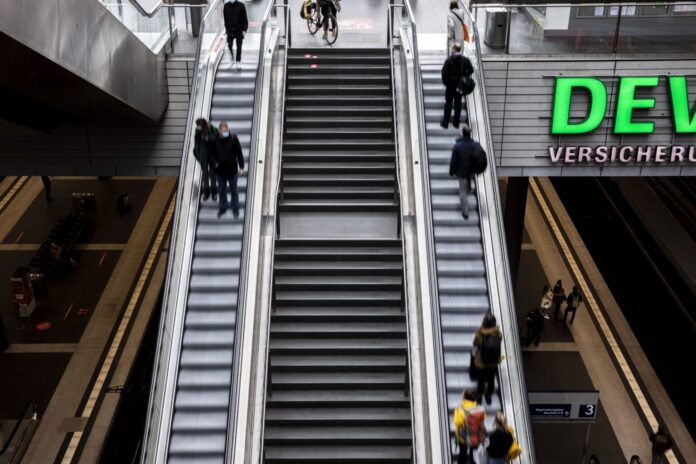Mayor Matthias Bellwald on the future of Blatten

Matthias Bellwald: «We live. And that’s not nothing »
A conversation with Matthias Bellwald, Mayor of Blatten, shock, hope – and the future of a village that wants to live on.
The solidarity with blats is huge. What does this mean for the population and for you personally?
It is overwhelming. The main signal is: You are not forgotten. People bring clothing, household goods, donations. In the ‹Rothis ›at the Gampel train station, the evacuated donated goods that they simply need at the moment can get. I understand that it was not easy at the beginning – the shame of suddenly dependent on help was there.
We are a proud people that only accepts help if it has to be. But now it has to be. The thought behind all the donations is a good thing: people help people. That has arrived with us and we are grateful for that. This wave of solidarity breaks all ideas. And she encourages.
How are the donations managed and used?
The aid organizations work closely with the canton. There is a donation commission that ensures that the money really arrives where it is needed. In a first phase, thanks to the neighboring Foundation in Need, we were able to pay CHF 500 in need of each of the 302 inhabitants – next week there will be CHF 2000. The aid organizations such as the chain of luck, Caritas, Red Cross, neighbor in need work together. These instant aid are unbureaucratic and important. At the same time, there are means that are earmarked for reconstruction.
What is the most urgent?
First the restoration of the basic supply for the unmistaked hamlets and village parts – electricity, water, access. We have built an emergency route that should be paved until winter. When life returns to Weissenried, Eisten and the intact upper part of the village, it gives a spark of life. Something new can grow from this. We want to present the vision of the new sheet at the next original meeting.
A time horizon of three to five years is realistic when reconstruction of blatts. This is a long time in the life of young families. How quickly is it now to offer the population of leafy new perspectives?
With the declaration of intent to rebuild sheets, this perspective is already available. As soon as people can see that there is a high pressure on the road, electricity and water supply, this strengthens the belief in a new sheet.
Is there still a realistic place for the new blats?
The question is justified – but it takes time. There will be geological clarifications. The glacier has discharged. But he doesn’t discharge a second time. It is impossible that such an event will happen again in the foreseeable future. The risk is never zero – but that’s nowhere. Not even in the Bern matt quarters for floods or in a chemical accident in Basel. There are village parts in which people can be rebuilt at human discretion. The analysis is running. I am optimistic.
Rapid thinkers survive with suggestions how the new leaves could look. There was already talk of Blatten 2.0, Blatten au Lac or a merged community of Lötschental. A tunnel between Wiler and Blatten was also an issue. How do you get these ideas with you?
I think it’s nice that people are thinking about the new sheet. Some of these ideas already had our fathers and grandfathers. So it is not the case that all suggestions would be new to us. The idea that a tunnel was needed has been around for a long time. But if you have an idea of how to build the tunnel in one and a half years, you should get in touch.
How do you experience the help of politics?
At the cantonal level, a strategic working group was created that supports us in reconstruction. CHF 10 million were promised. The federal government has announced another 5 million. These are very strong signals. Of course, parliaments are still required. But we feel: you believe in the reconstruction – and that is the decisive factor.
Blatten is her home. What can this home cost?
Home has no price. We have been living here for generations, our contribution. I do not expect to be told: It will be too expensive. It’s not about luxury, but about habitat, about dignity, the right to the future. It shows me that the federal government and the canton go with that: Many share this attitude.
What is the will of the population to return?
I don’t give numbers, but my feeling tells me: the will is great. The connection with the place is deep. When people see that it is being built, there is water, electricity, an access road – then hope comes back. And with the hope comes the courage to take root again.
There is no mandatory building insurance in Valais, as in other cantons. How does it go for those who are not sufficiently insured?
We used an insurance coordinator. We also set up a consultation hour. Every damage is checked. Some buildings were not or not sufficiently insured. For these people we will find solutions together and make allocations. I don’t doubt that we can do it.
What do you say to someone who wants to help – but don’t want to push the population of blatnets into the victim role?
Help. And believe in us. Do not see us as a victim, but as a person, with strength, with ideas, with a future. The reconstruction of sheets is not a utopia. It should be possible to rebuild a 300-soul village. If we want, we can do it with the help of donors, the canton and the federal government.
Were there moments of hope that were particularly close to them?
Yes. Many. My god, a 93-year-old woman-is now housed in Zermatt. She absolutely wants to go back to a new sheet. And with all grief, with all loss: we live. And that’s not nothing.
Where were you when the mountain came?
I was outside, off -road. I saw it. 30 seconds between spring -like atmosphere and total devastation. I knew immediately: the village has no chance. After that I only worked.
One of the most difficult decisions that the commoners had made together with the management staff and the canton was the evacuation of the entire population of Blatten and Ried. Was there any doubts about this decision at some point?
There was not a single forced vacuation. But when it took longer with the clash and abortion than expected, a difficult time dashed. There were inhabitants of Blatten who would like to return to their homes briefly to get this or that. We stayed hard and said that was not possible. The pressure rose. Fortunately, we stopped the pressure. The trust that the population gave us touches me. You have trusted that we are doing the right thing.
What do you stick to when the nights are long?
To humans. In spite of everything. The hope that what we build together will not only be a new village – but a sign of resistance, for solidarity, for life. Because that’s what it’s about.






/s3/static.nrc.nl/images/gn4/stripped/data133360535-e35f86.jpg)
